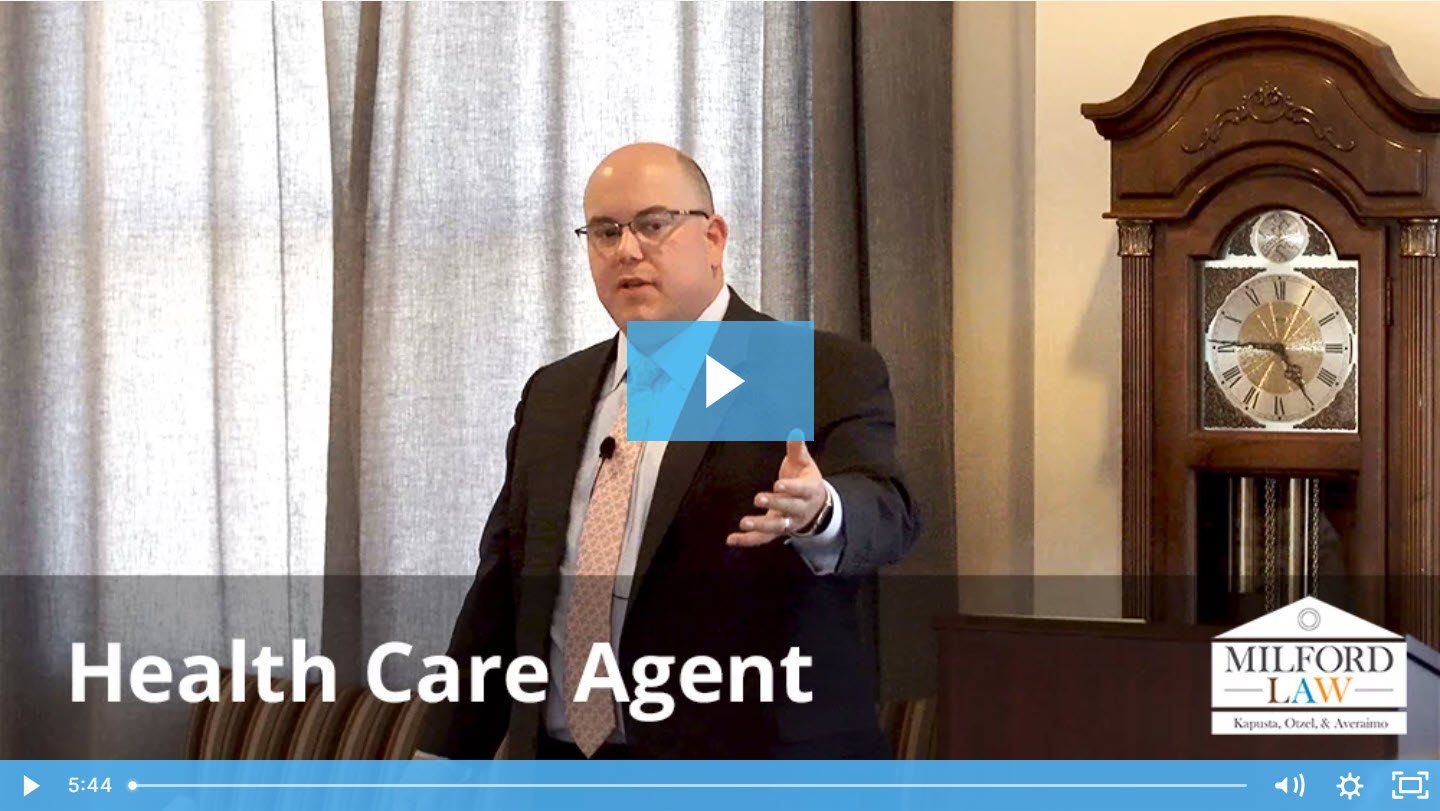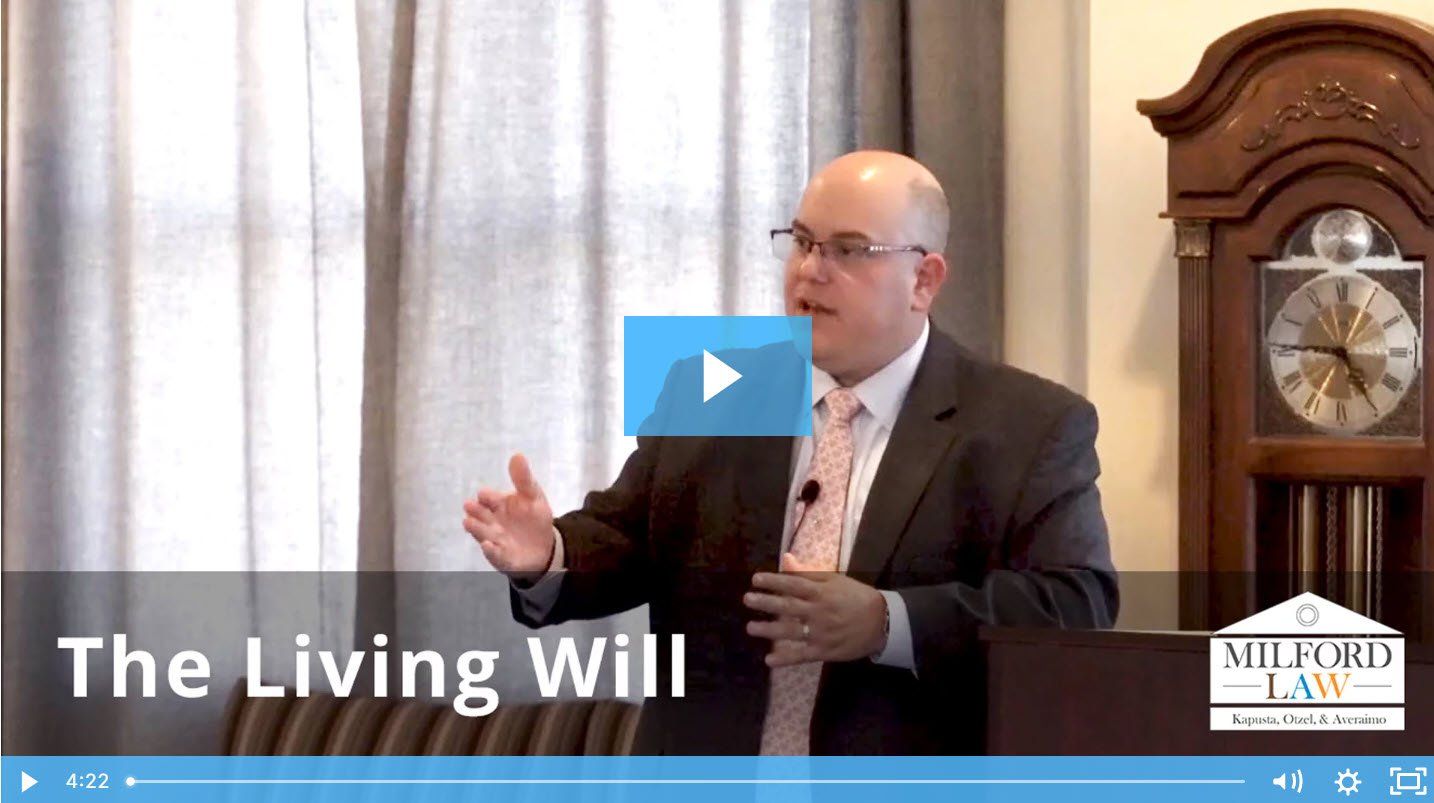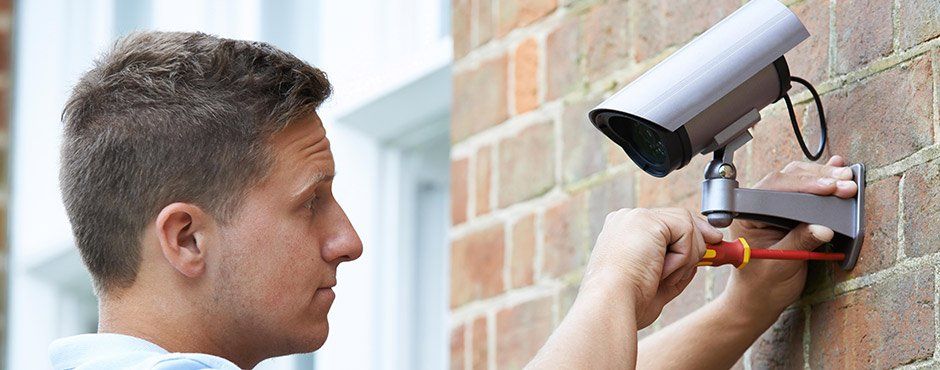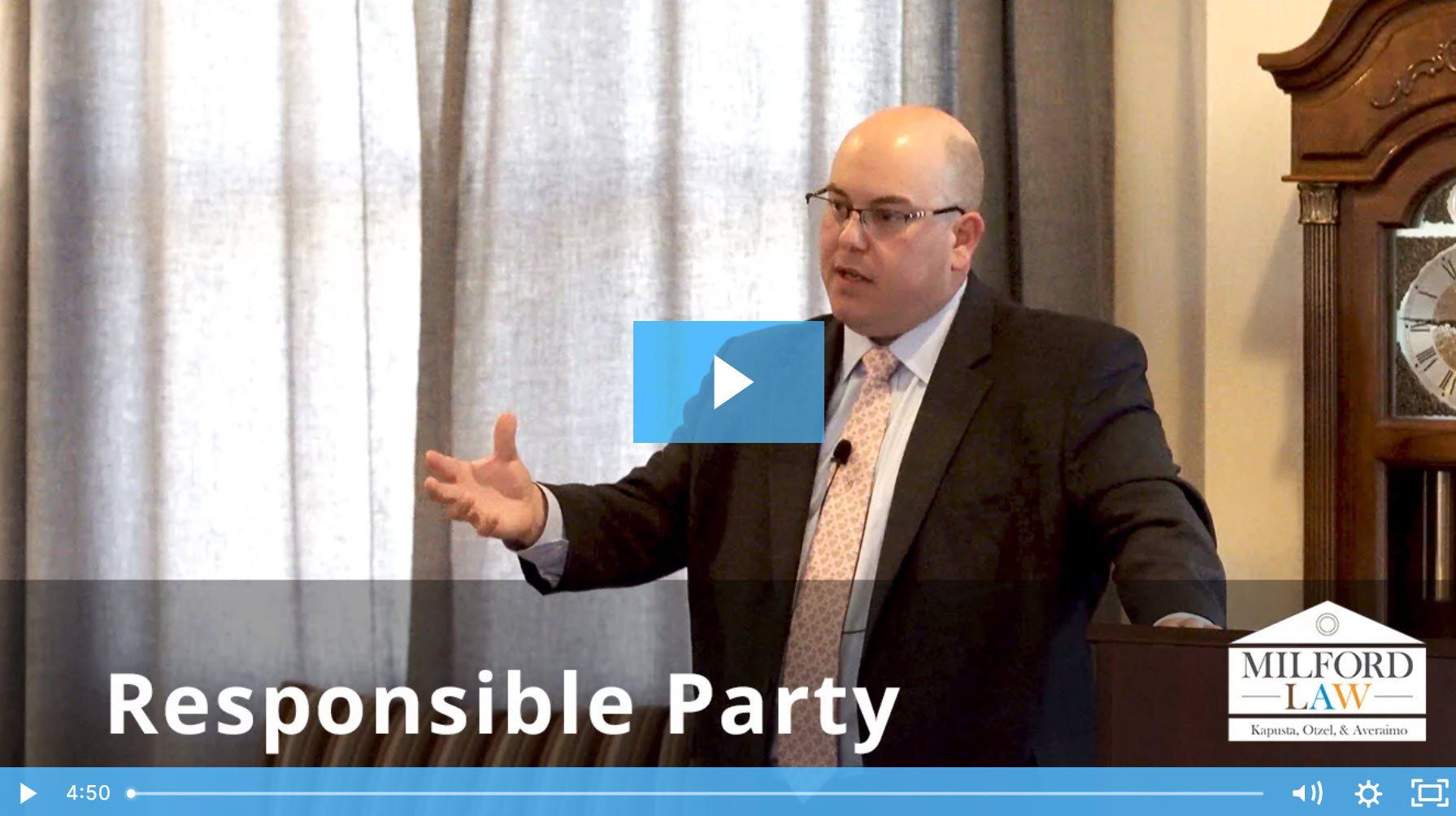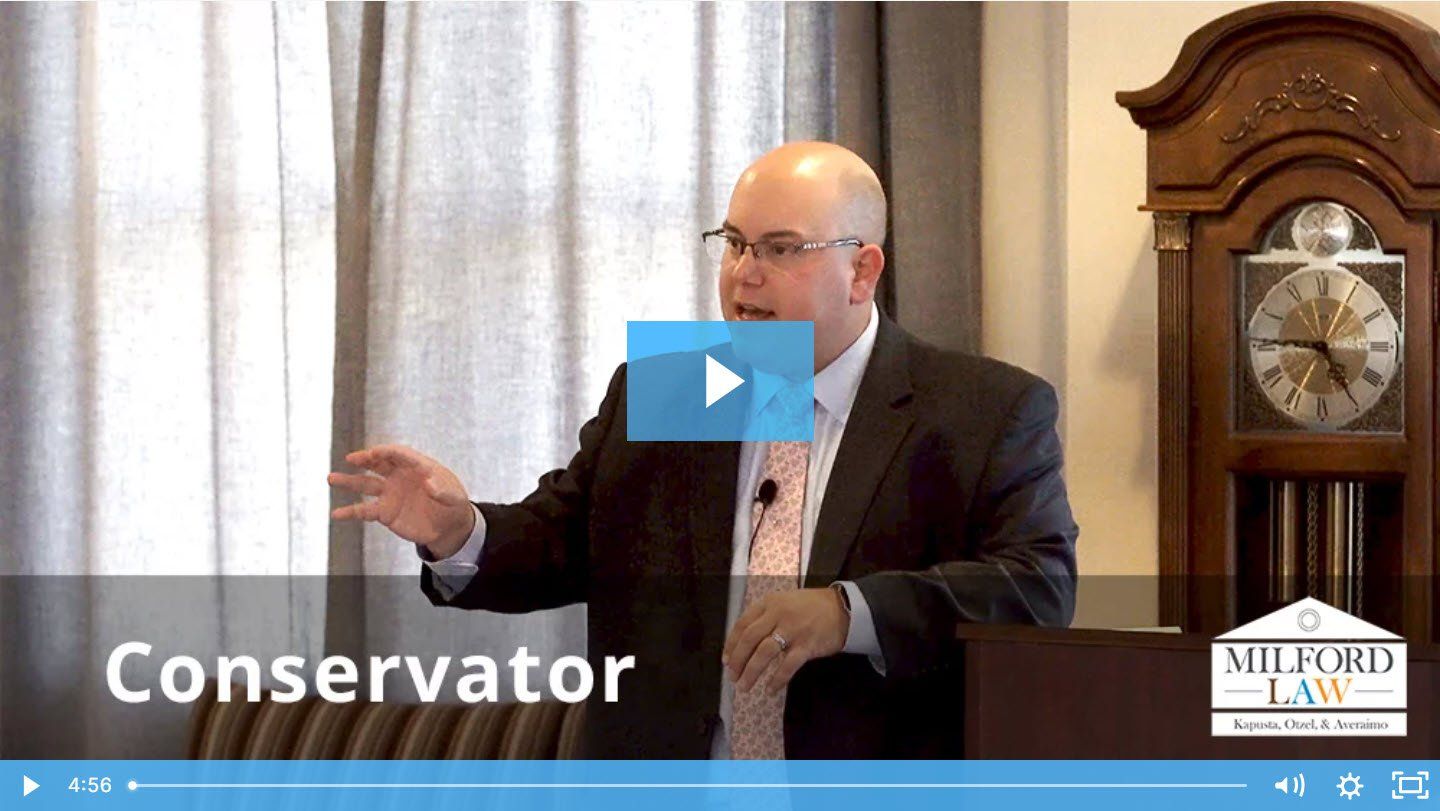Love Thy Neighbor
Could the installation of video security cameras by your neighbor violate your rights to privacy?
Technology is a wonderful thing. A new craze sweeping the nation is security cameras at private homes. Today security cameras can be installed professionally at someone’s home, at their business or one can purchase an easy “do it yourself” security system with cameras from Walmart. All have the ability to record and preserve footage.
Whether it is a door bell with a video camera or a motion sensor camera on the side of a home, a person can know who is at their property, who came to their property or even who is walking near their property at any given time. These systems are so technologically savvy that one can access the footage from their smartphone seeing it in real time and even save it to a hard drive.
Initially, it sounds like a wonderful thing, until you think you are being watched. You are having a nice dinner in your backyard and you are being watched. You are going swimming and being watched. You want to relax in your hot tub and being watched. You are washing your car in your driveway and being watched. Your kids are playing in the backyard and being watched.
You see, many of these cameras can zoom in, zoom out, are very clear, have microphones and even have night vision. At this time, there is no general requirement that the owners and operators of these video cameras obtain the approval of any governmental entity before installing and using them. Chapdelaine v Duncan, 2014 WL 6996296.
Could the installation of video security cameras by your neighbor violate your rights to privacy?
“To succeed in a claim for invasion of privacy, one must prove ‘(a) unreasonable intrusion upon the seclusion of another; (b) appropriation of the other’s name or likeness; (c) unreasonable publicity given to the other’s private life; or (d) publicity that unreasonably places the other in a false light before the public.’” Id. at *5.
“The State has restricted video and other camera use in limited circumstances; see, Conn. Gen. Stat. Section 53a-189a, banning ‘voyeurism’ which is defined as maliciously recording a person (a) without the knowledge and consent of such other person, (b) while such other person is not in plain view, and (c) under circumstances where such other person has a reasonable expectation of privacy.” Id. at *14.
Whether or not the placement of a video camera violates a person’s privacy is evaluated on a case by case basis.
The Supreme Court in the United States v Dunn, 480 U.S. 294, 107 S.Ct. 1134 (1987) recognized that a person’s home is a particularly sensitive area and that, at least, for purposes of criminal law enforcement the home may be subject to a higher level of privacy than other areas would be.
The Court has established a four (4) prong test for someone to claim the increased level of privacy of their home. (1) the proximity of the area claimed in relation to the home, (2) whether the area is included within an enclosure surrounding the home, (3) the nature of the uses to which the area is put and (4) the steps taken by the resident to protect the area from observation from other people passing by.
The saying goes, “good fences make good neighbors.” But what good is a fence if the video camera on the side of the house next door is directed into your home or backyard?
If you feel as if your privacy rights are being violated please give Kapusta, Otzel & Averaimo a call. We’re here to listen and advise.
Milford Law Articles


